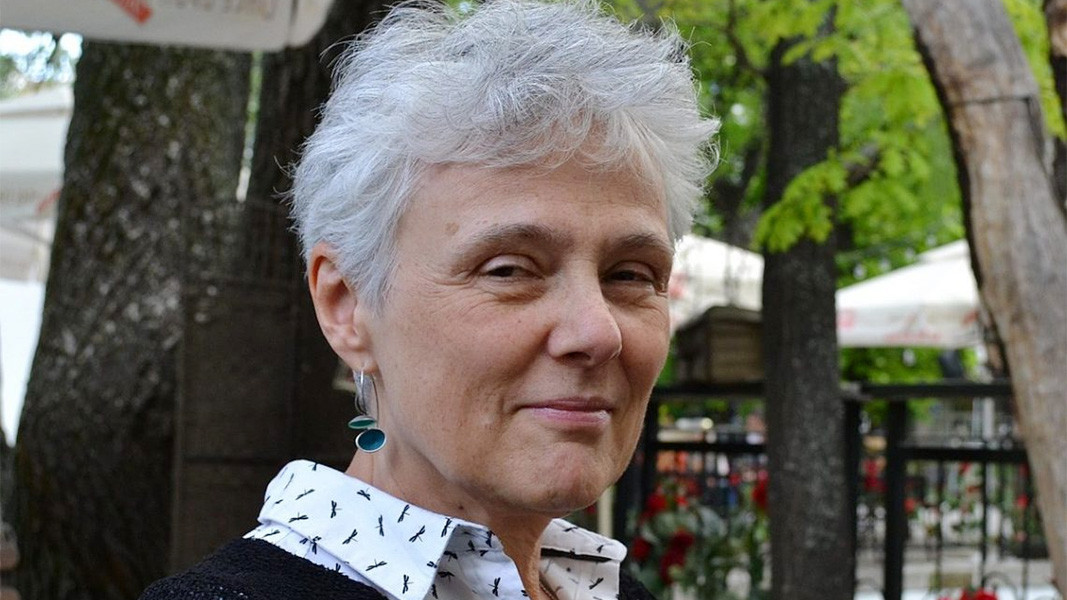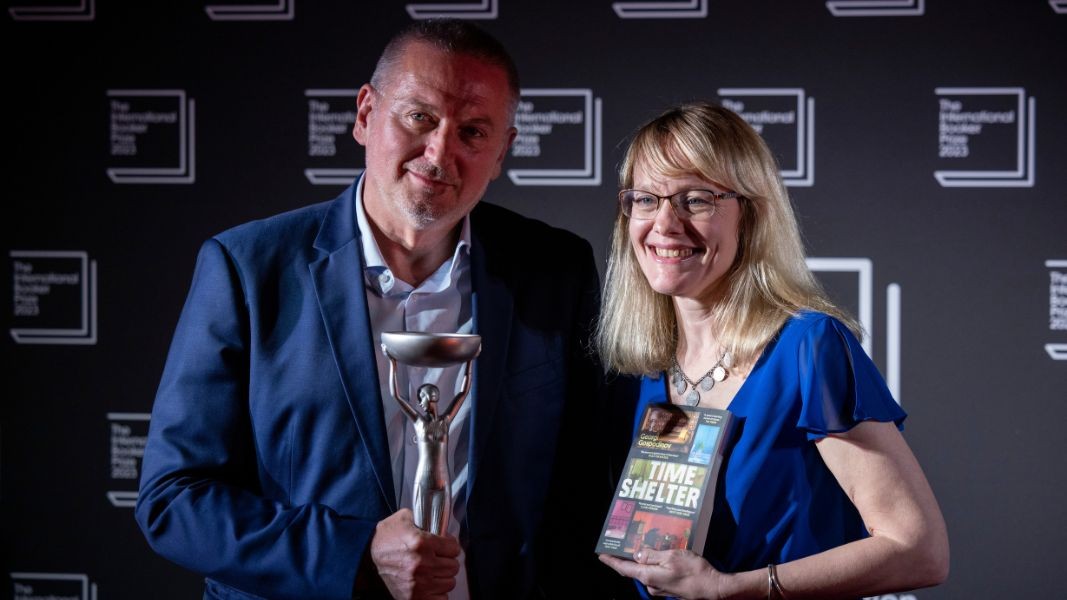Professor Marie Vrinat-Nikolov is the only translator of Bulgarian literature whose native language is French. She teaches translation and Bulgarian language and literature at the National Institute of Oriental Languages and Civilizations in Paris (INALCO). She has translated about fifty books by classical and contemporary Bulgarian authors into French, including Georgi Gospodinov, who received the prestigious Booker Prize for his novel "Time Shelter" a few days ago. The translation made by Marie Vrinat is the one that reached the French-speaking audience.
In an interview with Radio Bulgaria, Prof. Vrinat talked about her experience as a translator and shared her thoughts on translation and Bulgarian literature. But why exactly Bulgarian language?
"I have been thinking about this, of course. My friend and colleague Bilyana Kurtasheva told me that the Bulgarian language has chosen me and I like the idea. Every language awakens in us an imaginary world, and it is not rational. I can come up with various explanations, but that won't be the real reason.''

Marie Vrinat tod us how in her childhood she came across the works of Sophie Rostopchine, Countess of Ségur, which abounded in references to Russian culture. When she later heard another Slavic language, Bulgarian, for the first time, it just ignited her imagination.
She also told us where the difficulties for the translator come from as every text, not author, has its own language.
"Henri Meschonnic helped me understand translation. When I translate, I comply with two imperatives - first, I always ask myself what this text and no one else does with the Bulgarian language. The second is that my eyes can hear and my ears can see. I experienced it with the latest prose book I translated - Balkan Rhapsody by Maria Kassimova-Moisset. It has a specific rhythm, so I try to follow the unusual word order as much as possible. A translation is not the equivalent of a given text in another language, it is just different. However, I hope to awaken the reader's imagination the same way the original text does.”
When we read a translation, we are not really reading Shakespeare or Borges or the Bible... According to Marie Vrinat, we are gradually starting to notice the figure of the translator. Translation awards have also been evolving. Proof is the Booker Prize for the novel "Time Shelter" not only to Georgi Gospodinov, but also to translator Angela Rodel.

Marie Vrinat shares that her struggle for popularising Bulgarian literature was extremely difficult, even desperate, at the beginning, but now she has a network of publishers she works with. This year alone, five of her translations are to be published.
"I try to bring two languages, two cultures, two literatures that I love into a dialogue. It is true that I have made it my mission to popularize literature that is not particularly known in France, but translation for me is true happiness.''
The short animated film "Life with an Idiot" by Theodore Ushev won the best film award at the Beijing International Short Film Festival. The animator announced the news on his Facebook profile. "I am very happy because it is..
The Vladigerov brothers will provide a live musical accompaniment to a silent film at Vienna’s Metro Kulturhaus cinema , marking their second time taking on the challenge. The historic Metro Kino has been run by the Austrian Film Archive since 2002,..
The film “Made in EU” by director Stefan Komandarev won the Audience Grand Prize at the 63rd Gijón International Film Festival in Spain. The film triumphed in competition with 95 titles, BTA has reported. “Within a few days, we..

+359 2 9336 661
